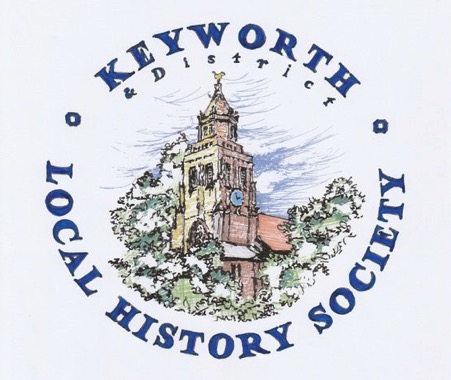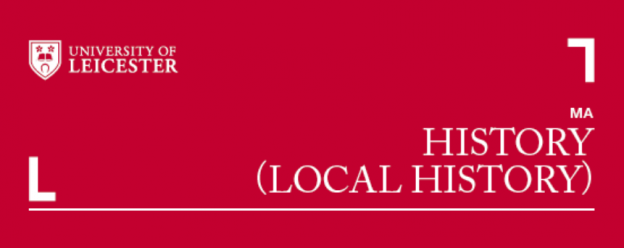ABOUT THE COURSE: Studying our MA History (Local History) Pathway will allow you to explore a variety of topics including regional identities, society and landscape, historical ecology, family and community history, and cultural regions. You will combine study of these themes with training in historical research methods to prepare you for pursuing a dissertation on an area of interest to you. This course is run by our internationally acclaimed Centre for English Local History. Our research centre is unique, specialising in pioneering the study of local history across England and Wales. You will study in-depth the interaction between society, families and landscape and use comparative methods to test hypotheses and interpretations, which might include comparisons with places outside of the British Isles.
TEACHING AND ASSESSMENT: You will be taught through a mixture of lectures, seminars, practicals, tutorials and field visits. Our diverse range of teaching methods will help you to develop your observational skills and gain an appreciation of the role of landscape and the structures of community in historical enquiry. The core module ‘Historical Research, Historical Writing’ offers training in early modern English Palaeography, oral history, GIS and data and landscape analysis. You will be assessed in each module by coursework that takes a variety of forms. You will also complete a dissertation of 15,000 words, developing your research expertise as you work closely with your research supervisor on an area of particular interest to you.
CAREER OPPORTUNITIES AND FURTHER STUDY: Our course is specially designed so that you can develop a wide range of transferable skills to enhance your employability and gain a strong competitive advantage in the job market. Recent graduates of this course have gone on to work in a variety of fields including the Civil Service and local government; planning and housing administration; teaching; project management; the heritage industry; media; social research; and business and management. Our course also provides an excellent grounding and will equip you with the skills required to undertake historical research at doctoral level, and a significant number of our graduates go on to become doctoral researchers each year.
MODULES
Dissertation (60 credits)
Historical Research, Historical Writing (30 credits)
Landscapes and Identities in Medieval and Early Modern England (30 credits)
Families and Communities in
England and Wales, c.1600- 1900 (30 credits)
One option from MA History or MA History
(Urban History) Pathway (30 credits)
Modules shown represent choices available to current students. The range of modules available and the content of any individual module may change in future years.
LENGTH OF COURSE: One year full-time or two years part-time.
MODE OF STUDY: On campus.
INTAKE DATE: September each year.
ENTRY REQUIREMENT: 2:1 degree or above in History or a related area. We also welcome applicants who do not have a degree but who can show enthusiasm and competence by having attended relevant certificated courses, by submitting published work or by writing qualifying essays to a first degree standard.
FEES: Please visit our website for up to date fee information.
www.le.ac.uk/local-fam-history-ma










